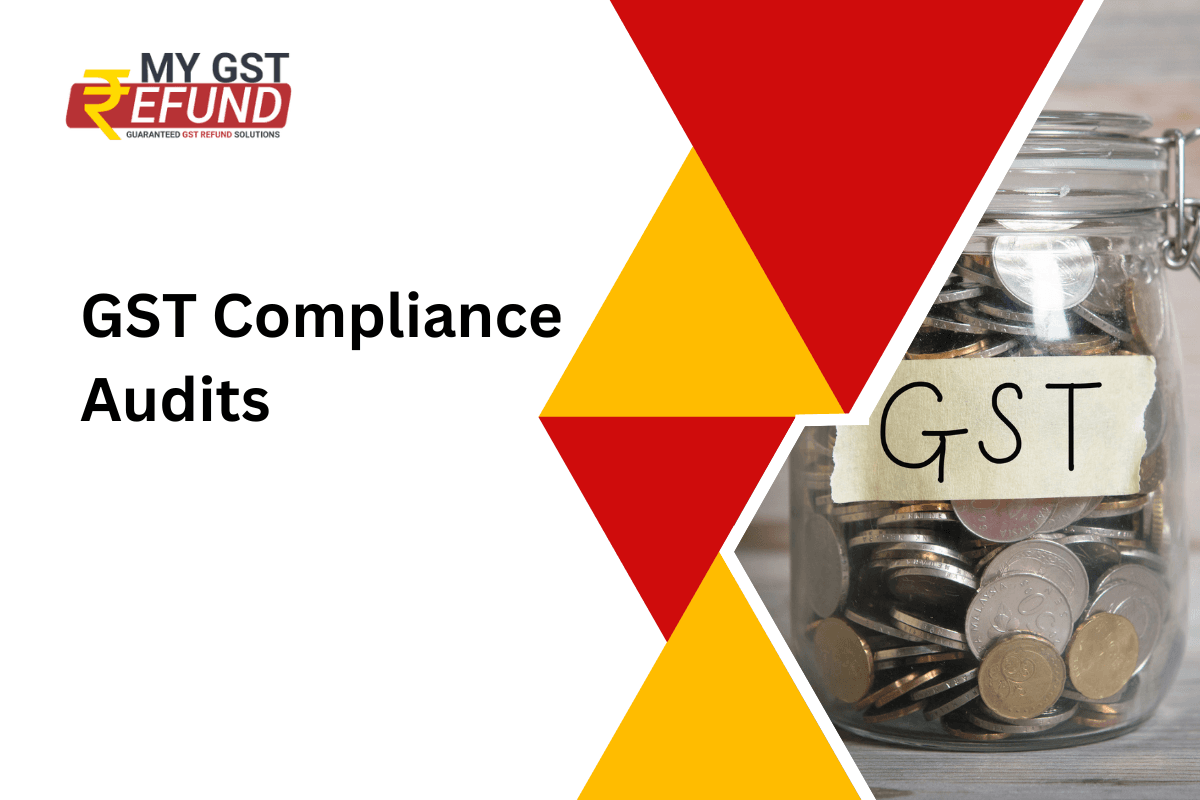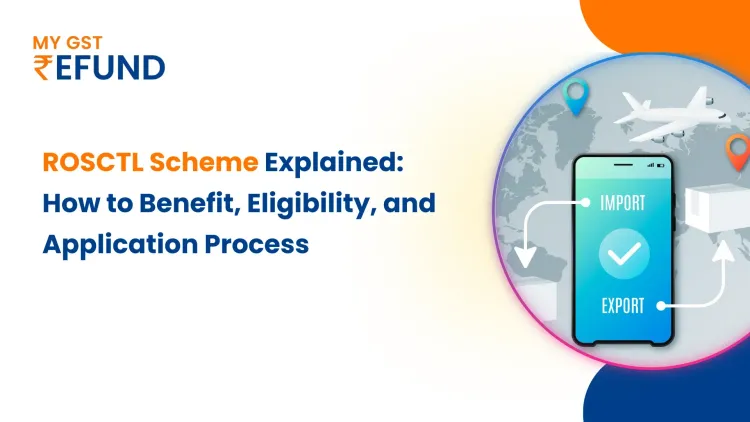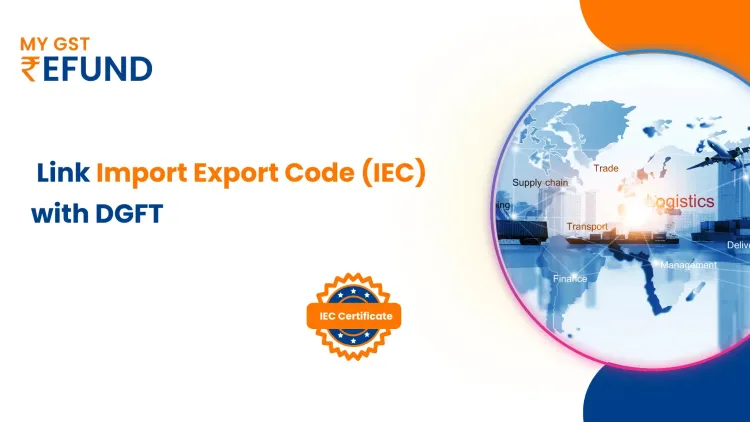GST Compliance Audits
Published on: Tue Nov 28 2023
Goods and Services Tax (GST) Compliance Audits play a pivotal role in ensuring the integrity and accuracy of businesses' tax compliance. As a comprehensive taxation system, GST necessitates a thorough and regular examination of financial records to verify adherence to statutory provisions.
What is a GST compliance audit?
A Goods and Services Tax (GST) compliance audit is an examination of a business's financial records and transactions to ensure that it is in compliance with the GST regulations imposed by the government. GST is a value-added tax that is levied on the supply of goods and services, and businesses are required to comply with the GST laws of their respective countries.
The purpose of a GST compliance audit is to verify whether a business has accurately reported its GST liabilities, collected the appropriate amount of GST from customers, and claimed the correct amount of input tax credits. It helps ensure that businesses are following the rules and regulations set forth by the tax authorities to prevent tax evasion and ensure fair and accurate taxation.
The Purpose of GST Compliance Audits:
GST compliance audits are conducted by tax authorities to verify whether a business has complied with the GST laws and regulations. The primary objectives include:
Verification of Accuracy: Auditors scrutinize financial records to ensure that the reported GST transactions are accurate and align with the actual business operations.
Prevention of Tax Evasion: The audit process aims to identify any potential instances of tax evasion, ensuring that businesses pay the correct amount of GST in a timely manner.
Ensuring Input Tax Credit (ITC) Accuracy: Auditors verify that businesses are rightfully claiming input tax credits and that the calculations are in accordance with GST laws.
Identifying Non-Compliance: The audit helps in identifying any non-compliance issues, such as the incorrect classification of goods or services, which may lead to penalties if not rectified.
Key Components of GST Compliance Audits
Document Review: Auditors thoroughly examine various documents, including invoices, purchase orders, and financial statements, to ensure that they comply with GST regulations.
IT Systems and Processes: The audit extends to the business's IT systems to verify the accuracy of data and transactions recorded electronically. This includes scrutinizing the accounting software and e-filing systems.
Verification of Input Tax Credit: Auditors pay special attention to the process of claiming input tax credit, ensuring that businesses are eligible to claim credits on the taxes paid for inputs.
GST Returns Verification: Businesses' GST returns are cross-checked with the supporting documentation to confirm the accuracy of the reported figures.
GST Compliance Audits Process
Processes Involved in GST Compliance Audits:
1.Selection of Assessees
The GST authorities typically use risk-based criteria to select businesses for audits. Factors such as the complexity of transactions, past compliance history, and industry norms may influence the selection process.
2. Information Gathering
During the audit, the GST officers gather relevant information, including financial statements, invoices, and other documents. This phase is crucial for understanding the business's operations and verifying the accuracy of reported GST transactions.
3. Verification of Input Tax Credits
One key focus area in GST audits is the verification of Input Tax Credits (ITC). Auditors meticulously examine invoices and ensure that the ITC claim is valid, complies with GST rules, and is in line with the business's activities.
4. Turnover Reconciliation
Auditors compare the turnover reported in GST returns with the financial statements of the business. Any disparities are thoroughly investigated to ensure accurate reporting.
5. Compliance with GST Rules and Notifications
The audit assesses whether the business has adhered to the latest GST rules, notifications, and circulars. This includes changes in rates, filing procedures, and other regulatory updates.
Recent Developments in GST Compliance Audits
Digitalization and Technology Integration
Recent advancements involve leveraging technology to streamline the audit process. Digital platforms and data analytics are increasingly being used to enhance the efficiency and effectiveness of GST compliance audits.
Risk-Based Audits
Authorities are adopting a risk-based approach for audit selection, focusing on businesses with higher chances of non-compliance. This targeted strategy aims to optimize resources and achieve better results.
Also Read:- Input Tax Credit(ITC) disallowed in the absence of genuine proof
Post-Audit Support and Assistance
Recognizing the complexity of GST compliance, authorities are providing post-audit support to businesses. This includes guidance on rectifying errors, improving compliance processes, and fostering a collaborative approach.
In the dynamic landscape of GST, compliance audits are a critical tool for maintaining the integrity of the taxation system. While perceiving audits as a regulatory necessity, businesses can also leverage the process for self-improvement and better alignment with GST norms. As technology continues to evolve, the future of GST compliance audits holds promise for greater efficiency, transparency, and collaboration between businesses and tax authorities.
Related Posts





